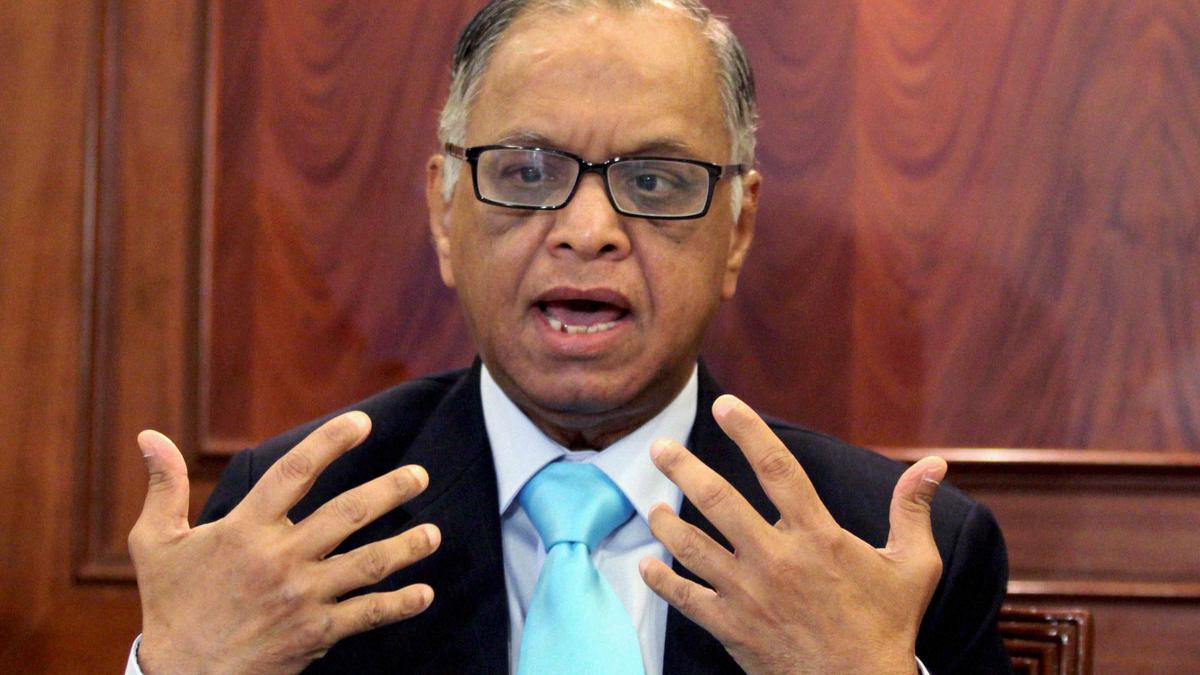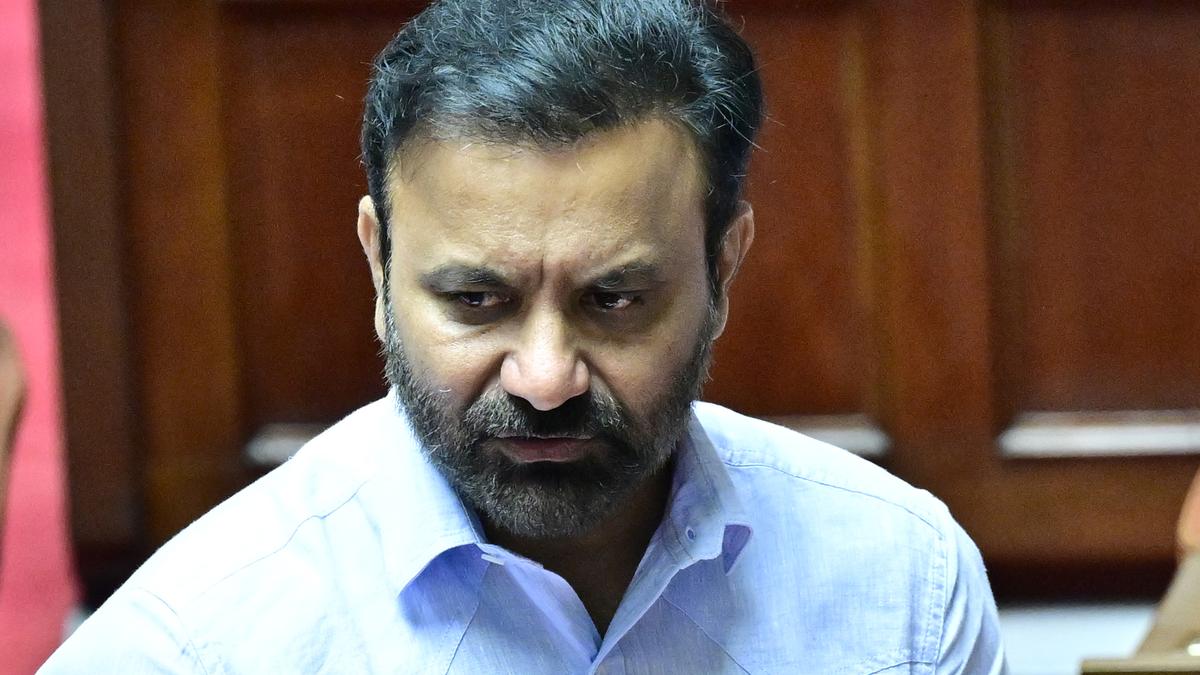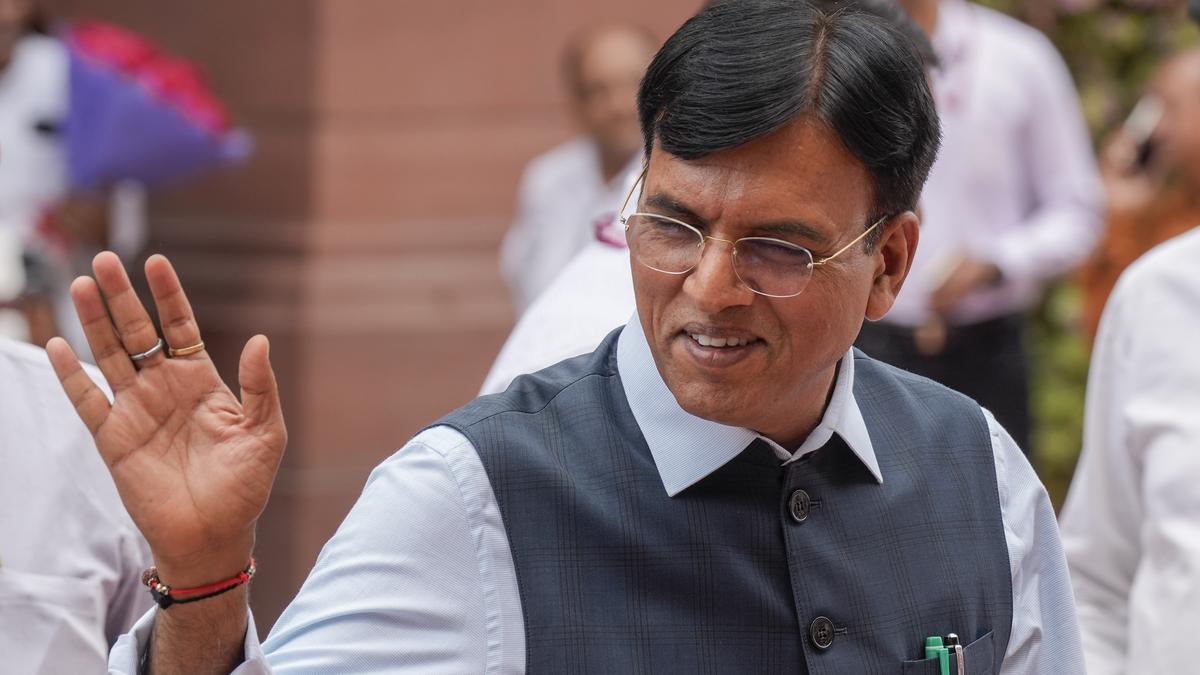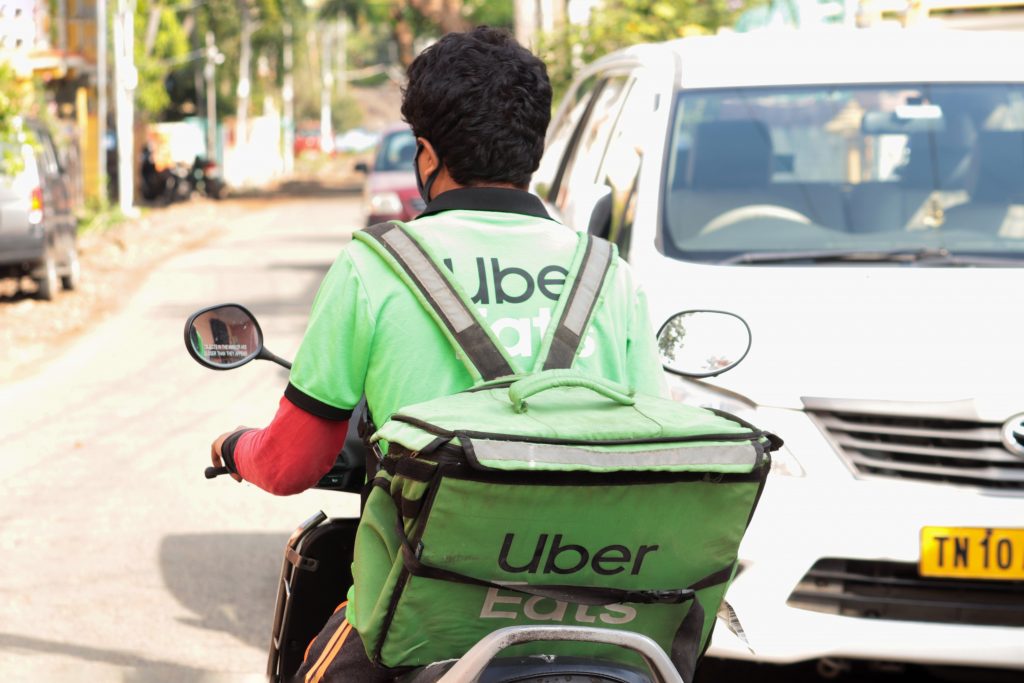
As discussions roll in about a new law in Australia that empowers workers by disconnecting during non-work hours, this week at TypeRight, we think of what disconnecting means outside of First-World economies.
Tell the Boss We're Going
A new law enshrining the "right to disconnect" has been passed in Australia, giving employees the freedom to disregard their bosses when they are not on the clock. Workers who choose not to check their work email, texts, or other forms of employer contact outside of regular business hours are protected under a law that was passed in February.
Other EU member states, including France and Germany, have similar legislation. Proponents of the bill say it is too hasty and has serious errors. Unreasonable conditions can arise in the workplace depending on the employee's position, the nature of the relationship, and the legal framework in place.
In 2001, the French Supreme Court's Labor Chamber established the freedom to disconnect, ruling that employees are not obligated to work from home or carry their files and tools. Similar measures have been put in place by German firms, such as Volkswagen's 2011 policy that limits internet use after work. German government officials took action to safeguard employees' mental health in 2013 by prohibiting managers from contacting them outside of normal business hours. The "Mail on Holiday" program was introduced by Daimler in 2014 to allow workers to have incoming emails deleted automatically while they were on holiday.
Andrea Nahles, Germany's minister of employment, attempted to enact "anti-stress legislation" in reaction to the country's increasing rates of stress and mental health problems. If passed, this bill will make it illegal for employers to contact workers on their own time. A report on workplace mental health and the feasibility of legislation to address it was commissioned by Nahles and produced by the Federal Institute for Occupational Safety and Health.
A right to disconnect was codified into Italian law through Senate Act no. 2233-B, which regulates the execution of an Agreement on Aggregate Work. The agreement specifies the ways in which employers use executive power, the tools that employees use, the necessary technical and organizational steps to ensure that workers are unplugged from technological equipment, the rest periods that workers are required to take, and more.
However, this is what the Australian bill, the most recent one, broadly entails:
Naturally, this has irked employers, who have taken to respond along lines similar to this:

And statistics say otherwise:
"While there's no data on how many people in New South Wales work multiple jobs, the ABS says 2.4 million people nationally held two or more in the 2019-2020 financial year. According to the ABS, average household debt grew by 7.3 per cent nationally in 2021-2022, to be more than $260,000. The Bank of International Settlements estimates Australians have among the highest levels of household debt in the world. Teresa, who often has to rush between her two jobs, said it's not a sustainable way to live."
As we move from first-world nations to our own, we immediately begin to think of three things. One, the state of labour rights in the country, and two, the regime's right to disconnect, and three, the infrastructure of connectivity.
Labour
Primarily, we are a country of labour that is exploited beyond capacity. Underpaid and overworked is the mantra that is deployed under the garb of 'reaping the demographic dividend,' i.e., the point when you have a large proportion of working people in the population, causing a boost to the economy. Population experts say we are at the same point that the rest of East Asia was during their respective booms, but we are nowhere poised to make the best of it.
The solutions proposed by India Inc. is to squeeze the worker even more.
Some, like the billionare and co-founder of Infosys, think their employees should work 70-90 hours a week.
Some of the tech-bosses even got together and sent in a proposal to the Karnataka government to make 14 hour workdays the norm.
Of course, that did not work as planned, because despite the systemic onslaught on hard-earned rights, the country still has some forms of organising and unionising left. This does not stop the tech-bosses from saying things like 'weekends are un-indian.'
(A short digression as a reminder that the weekends are a hard-earned victory after decades of mobilisation and struggle: )
The weekend was not benevolently bestowed from above. It’s the product of incremental changes, won in a series of victories through resistance enacted by the labour movement. Broad coalitions with religious institutions and sympathisers in Parliament and other places of power were key—including in the European Union, which instituted the Working Time Directive setting a 48-hour maximum week in 1993—but the driving force for the weekend, like many other rights and freedoms we have today, was the organised working class.
This is a trend that exacerbated since the pandemic, where work has been made normalised to be done at home, saving people from terrible commute times, saving offices money on rent. This sounded like a win-win, with productivity increasing, costs reducing, and workers happier with the setup. However, it was not long before capitalism squeezed out even more from the productive hours. Soon, people working from home found themselves attending to work calls at odd hours, off of their scheduled working times, and very often, even expected to be available on call. This effectively eliminated weekends and off-work hours, bringing the office home not just spatially, but temporally.
Now, if this is the case for IT and other desk jobs, the case of blue-collars, manufacturing, unorganised sector, and the recent trend of 'platform' labour is beyond humane.
Longer overtime working hours with lower wages is what the finance ministry has advocated in the Economic Survey presented on Monday. The survey argues the cap on the number of hours a factory worker can be made to do overtime was “limiting the monetisable time for Indian workers and affecting their families and the country’s prosperity”. [...] The fact that the Economic Survey proposal for longer overtime hours has been coupled with the suggestion to lower overtime wages was aimed at bypassing the extra wages industries are required to pay for overtime. “This is tantamount to treating overtime work as regular work.”
Of course, this is in addition to the fact that, as the same article says, "a large section of Indian workers already do overtime hours for their subsistence. “The wages in India are so low that in any case the workers at the lower levels of India’s workforce work overtime for two to three hours every day to earn their living.”
The new labour law reforms that were hurriedly passed during the pandemic point to these general trends.
Putting social security and welfare in the backseat, providing loopholes that enable employers to get away with violations, and redefinfing the worker are just some of the highlights of the labour code. One detailed response by the Working People's Charter, a network of more than 150 provincial, and local organisations of informal workers can be read here:
Statistics also point to this fact:
"In rural India, men earning regular wages and salaries work for 52 hours a week, those doing casual labor toiled for 45 hours, and self-employed men worked for 48 hours. In comparison to this, self-employed women work for 37 hours every week, salaried women work for 44, and female casual laborers spend 39 hours working." What about the corporate world? At least the employees are paid more than their rural, blue collar counterparts, however it is not without a toll on health (however incomparable the two are)
"Wages for formal workers were cut by almost 3.6% while informal workers experienced a sharper decline of 22.6%, according to a study."
Across the board, from gig work, unorganised labour, "unskilled" labour, agriculture, manufacturing, engineers and coders, white collar employees in corporates, the corporatised social responsibility sector, except perhaps the rentier and top managerial classes are overworked.
"While rents usually go up 10 per cent annually, landlords in several cities have increased rents by up to 50 per cent a year." Increased rents add to inflation costs while wages remain stagnant, forcing people to work extra hours and multiple jobs to make ends meet. This remains harder when your one job alone demands over 50 hrs/week - leaving little time for rest, let alone recreation.
Disconnected by Neglect
People being disconnected is at the core of DEF's ideology. We strive to ensure that no person remains disconected or without access to the potentials and possibilities of the internet just because they lie at the margins. The internet is a common good. However, in our work spanning over twenty years, we still see that close to half the population of our country have no internet access. This is still a leap from a penetration rate of 12-13% in 2012.
But given the rising importance of the internet in everyday life, less as a potential, and more as an unavoidable necessity (in the most lenient definition one can give).
Here is an article by the Civil Society Magazine that chronicles the work DEF has done over the past two decades.
Disconnected by Force
The above list does not include disconnection that happen by force, mostly targetted at dissent. The Information Age equivalent of raiding and shutting down presses is the more centralised option of an Internet Shutdown.
By almost every measure, 2023 was the worst year of internet shutdowns on record. Authorities deliberately interrupted the internet at least 283 times in 39 countries concealing, enabling, and exacerbating violence, war crimes, attacks on democracy, and other atrocities, crushing the human rights of millions of people. For the sixth year in a row, India led the world in internet shutdowns, disrupting the internet at least 116 times. [...] Across India in 2023, internet shutdowns undermined democracy, with the government implementing more shutdowns than any other on earth, for the sixth time in a row. From Manipur to Punjab, Indian authorities steamrolled over people’s right to free speech, information, and assembly with unjustified shutdowns.
Here's a handy tracker made by our friends at SFLC.in, tracking shutdowns in the country since 2012.

Taking a memory-trip to the first chapter of our TypeRight Blog, where we started by voicing our dissent on the blackouts of communicating dissent.
When can we think of disconnecting?
The point was not to argue against a law of disconnection, but to hint at the irony of a lack of connection, and seaprately, a prevailing state of things that not just promotes overworking as a work culture, but as a means of survival. The Murthies and Bansals (and Bezoses) of the world might take pride in their 'rags to riches stories' and might entice the aspirations of at least several thousands of the 1.45 billion people, but to a really vast majority it is a life of precarity, a cruel fight for survival, one where they cannot think of disconnecting. Whatever happened to the ninteenth century movement for labour rights and the rights enshrined in our constituition? The Right to Disconnect is a logical next step forward in the digital age, especially post-pandemic, where our lives are governed by work every hour of the day working or not.

Other News
Two news of Censorship and over-reach, one from France, where the founder of Telegram was arrested:
And another from UP, where the state assembly passed a digital policy that could put someone in prison between 3 years to lifetime for whatever is deemed as anti national, and monetary benefits when you praise government schemes.
DEF Updates
From Digital Futures Lab's Responsible AI Lab fellowship in Goa:

The Jurors of our Just AI Awards, in partnership with Government of Telangana:

Visit https://t.co/yPCqnw24Q0 and register to attend the Global AI Summit in Hyderabad this September!
Here are some the recent reading it aloud newspaper clippings.






See you gain with another post next week…









































 might be?](https://sk0.blr1.cdn.digitaloceanspaces.com/sites/1394/posts/714526/dbc8de4c-5c50-411f-aba0-55cfb74a692d.jpeg)

Write a comment ...